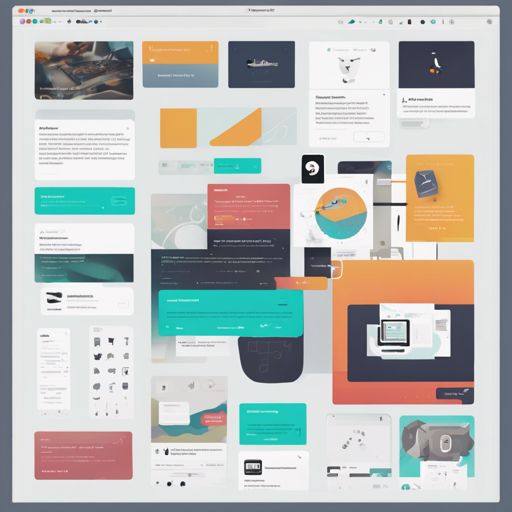PatternFly Elements is a robust collection of lightweight web components designed to bring consistency and ease of use to your web development projects. In this guide, we’ll walk you through the steps to get started, explore various components, and create your own web elements. Whether you’re a seasoned developer or a newcomer, you’ll find this guide user-friendly and informative.
Table of Contents
Getting Started
To kick off your journey with PatternFly Elements, follow these quick steps:
git clone git@github.com:patternfly/patternfly-elements.git
cd patternfly-elements
npm ci # install dependencies
npm run startBy executing the above commands, you’re cloning the repository, installing necessary dependencies, and starting the development server.
Element Catalog
The Element Catalog showcases all available components that you can leverage in your projects. These elements are:
- Lightweight: Minimal boilerplate allows for quick load times and efficiency.
- Universal: Create elements once and use them across various frameworks, including React, Vue, Angular, and vanilla JS.
- Themable: Customize properties effortlessly via attributes or CSS variables.
Creating Components
When you want to create new web components, the included generator makes this seamless. Think of it like a recipe book – you can pick a recipe (in this case, a component), and follow the instructions to create your dish (the component) that fits perfectly into your development project.
Theming Components
PatternFly Elements allows you to theme components easily, enabling a consistent user experience across different platforms. Use attributes or CSS variables to make necessary overrides, akin to altering a recipe to suit your taste preferences.
Troubleshooting Ideas
If you encounter issues while working with PatternFly Elements, here are a few troubleshooting tips:
- Ensure you have the correct version of Node.js installed. Consider using nvm for managing different versions easily.
- Check whether your terminal environment is configured correctly, especially if you’re using terminal-specific integrations for avn or other tools.
- If components are not functioning as expected, attempt rerunning the build and test commands. Remember, a clean build often solves unexpected issues.
For more insights, updates, or to collaborate on AI development projects, stay connected with fxis.ai.
Conclusion
With the right approach, PatternFly Elements can significantly enhance your web development experience, enabling you to create scalable and efficient applications effortlessly. At fxis.ai, we believe that such advancements are crucial for the future of AI, as they enable more comprehensive and effective solutions. Our team is continually exploring new methodologies to push the envelope in artificial intelligence, ensuring that our clients benefit from the latest technological innovations.

